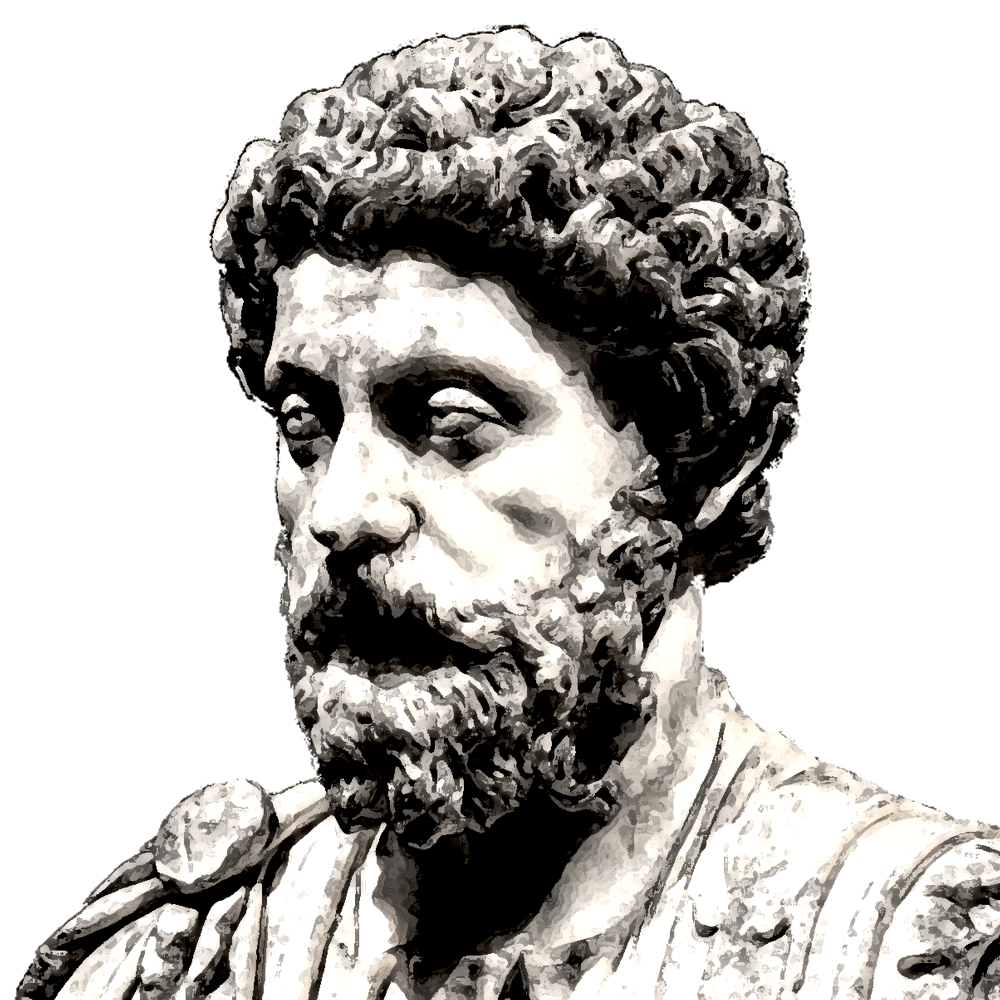
Expect Others' Faults
Expect Others' Faults
March 14th
“When you wake up in the morning, tell yourself: the people I deal with today will be meddling, ungrateful, arrogant, dishonest, jealous and surly. They are like this because they can't tell good from evil. But I have seen the beauty of good, and the ugliness of evil, and have recognized that the wrongdoer has a nature related to my own. Not of the same blood and birth, but the same mind, and possessing a share of the divine. And so none of them can hurt me. No one can implicate me in ugliness. Nor can I feel angry at my relative, or hate them. We were born to work together like feet, hands and eyes, like the two rows of teeth, upper and lower. To obstruct each other is unnatural. To feel anger at someone, to turn your back on them: these are unnatural.”
—Marcus Aurelius
Meditations
Today, you'll likely encounter people who will test your patience—people who might be difficult or unpleasant.
Marcus reminds us to expect these behaviors because people often struggle to differentiate between good and evil. They're not intentionally trying to make your life harder; they're simply acting according to their current understanding and capabilities.
Think about that driver who cuts you off in traffic or the coworker whose remark stings a little too much—understanding this can help you navigate your day with a little more empathy and a lot less frustration.
But here's the kicker: just as others can be flawed, you share in that humanity. You've seen both goodness and its absence, and you know that every person—including yourself—has something divine within them. So when you cross paths with someone who's acting out of turn, keep in mind that they're not so different from you.
How you react to their actions defines your part in the shared human experience. You're meant to work in harmony with others, like parts of a single body.
So ask yourself: how can you move through today treating others as allies in this vast, interconnected human family, even when they forget to do the same?



